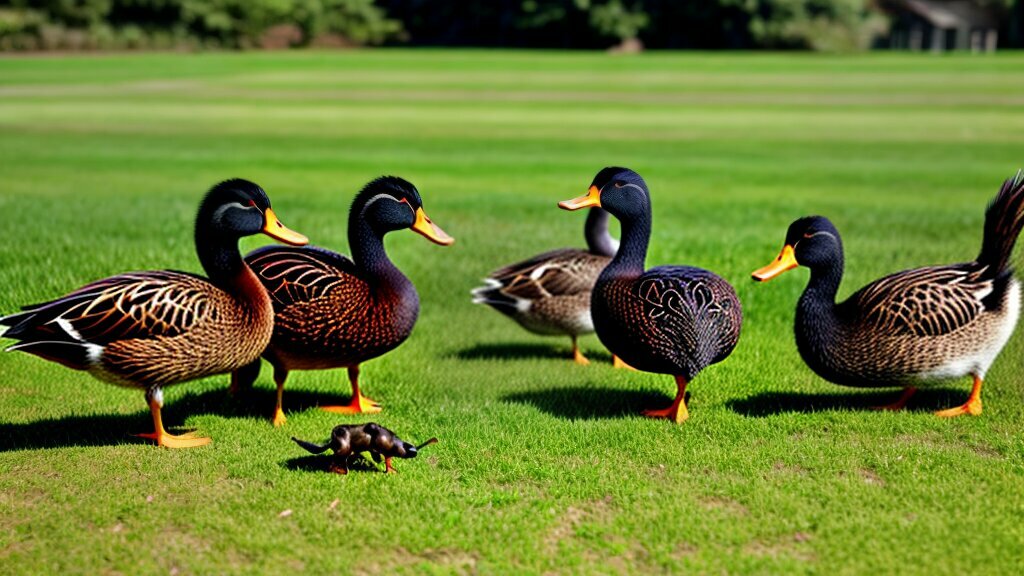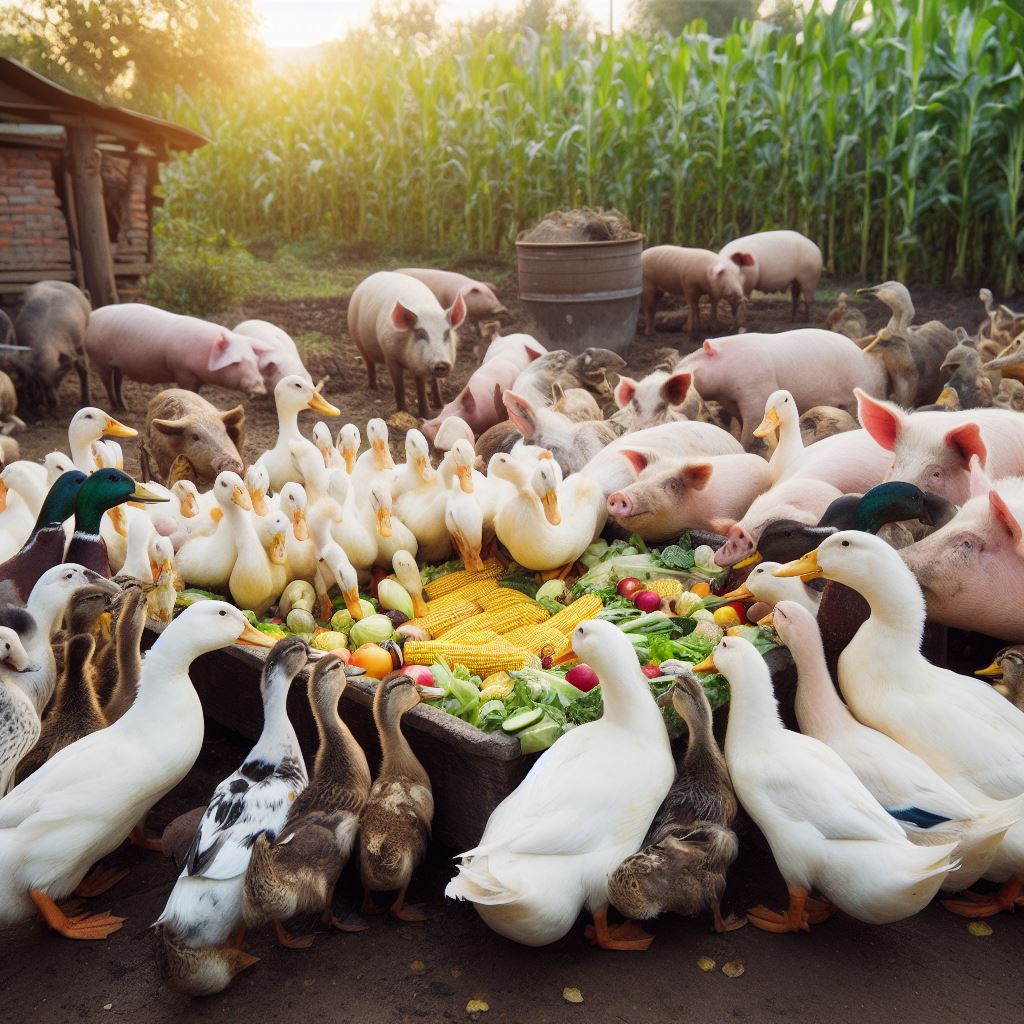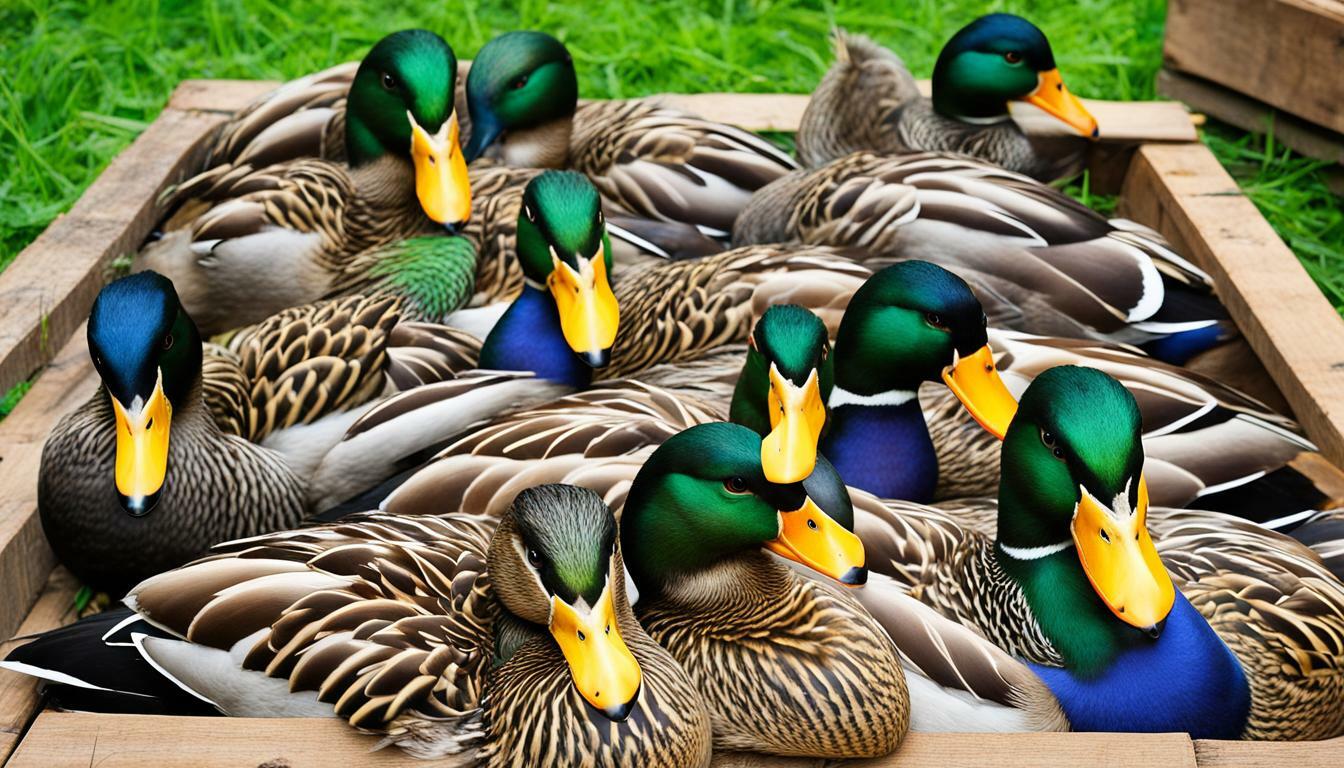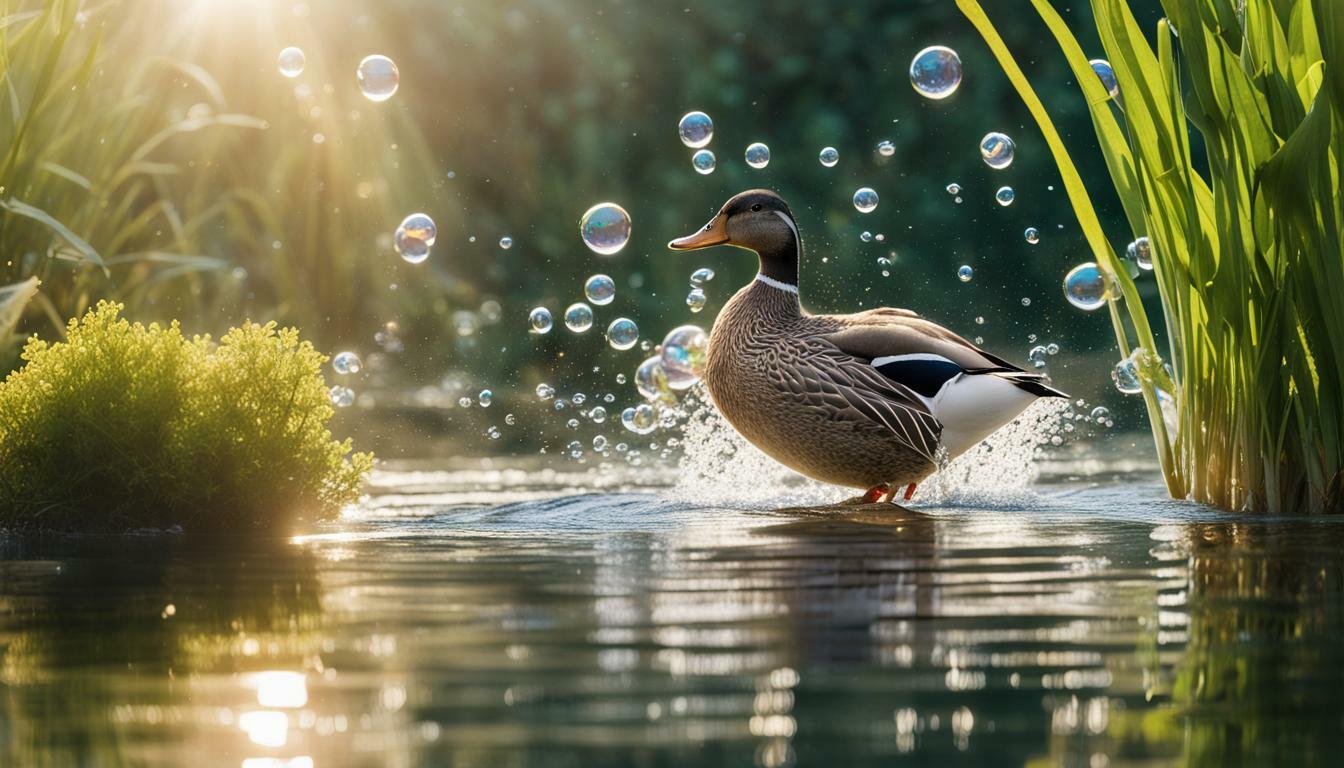Do Ducks Eat Ants? Ant Consumption

Table of content:
Ducks are opportunistic feeders that consume a varied diet. This leads to the question – do ducks eat ants? With ants being plentiful near water sources, it would make sense for ducks to take advantage of this readily available food source. However, some ant species may pose risks, making ants less than ideal as a major part of a duck’s diet. Let’s take a deeper look at the diets of ducks and the reasons they may or may not eat ants.
Ducks as Omnivores
Ducks are omnivores, meaning they eat both plant and animal matter. A duck’s diet can vary widely based on its habitat and species. But in general, ducks consume a diverse mix of foods including:
- Aquatic plants and algae
- Seeds and grains
- Aquatic insects
- Worms
- Snails
- Crustaceans
- Small fish
- Frogs
Ducks have bill structures suited for foraging, grabbing, filtering, and digging through mud and vegetation to find food. Their varied diet provides ducks with carbohydrates, protein, fat, vitamins and minerals needed for energy, growth and survival.
Ducks employ a range of foraging behaviors to find food. They may skim the water’s surface, dive below for plants or aquatic life, or dabble in shallows to probe mud and vegetation. Some ducks even upend or walk along shorelines looking for insects, worms and other prey. Their wide range of food seeking behaviors allow ducks to take advantage of many potential food sources in their wetland environments.
Ants – A Possible Duck Food Source?
Ants are abundant in and around many of the wetland environments ducks live in. With ants being common near shorelines, streams, ponds and other water sources, they could offer ducks a convenient protein-rich food source.
Research on duck digestion has found ants present in duck stomach contents, confirming ducks do indeed consume ants in the wild. The nutrients and proteins found in ants may benefit duck growth and health. And as opportunistic feeders, ducks may eat ants they come across while foraging for other foods.
Duck species most likely to eat ants include dabbling ducks like mallards and wood ducks. These ducks feed mainly at the water’s surface and in shallows where ants would be readily accessible. Diving ducks and fish-eating ducks likely consume fewer ants since their diet focuses more on aquatic life.
Potential Drawbacks of Ants for Ducks
While ducks may occasionally eat ants, some factors suggest ants make up only a small part of a duck’s nutrition.
Certain ant species secrete chemicals with a strong taste or odor that could deter ducks. Army ants, fire ants and some carpenter ant varieties have more potent chemical defenses. Ducks may sample these ants but learn to avoid them if they have an unpleasant flavor.
Some fire ant species have a powerful, painful sting. Ducks ingesting large numbers of live fire ants could experience discomfort or injury internally. So while protein-rich, fire ants and other stinging ant varieties are less ideal duck foods.
If consumed in mass quantities, ants could potentially bite and damage the sensitive tissues of a duck’s mouth or digestive tract. So ducks are unlikely to seek out mounds of ants to eat. The difficulty of gathering ants in large enough amounts to make a meal likely deters ducks from targeting them.
Do Baby Wood Ducks Eat Ants?
Much like adult ducks, young ducklings and hatchlings may eat ants opportunistically, especially protein-rich baby ants and ant larvae. Their growing bodies benefit from the nutrients ants can provide.
Mother wood ducks often lead new ducklings to shorelines thick with vegetation and insect life. Here, baby wood ducks could encounter and consume ants frequently.
However, some ant species may pose a choking hazard to vulnerable young ducklings. And highly acidic or spicy ants may be difficult for a duckling’s sensitive digestive system to tolerate.
So while baby ducks gain needed protein from ants, they likely eat them only in small amounts. Their mothers show them safer, more substantial foods to fulfill the bulk of their nutritional needs.
Question of Ducks and Fire Ants
Fire ants in particular raise the question – do ducks eat fire ants? Found near water, fire ants offer a protein source, if one that fights back.
Fire ants have a powerful, venomous sting that inflicts painful pustules on contact. Ducks who swallow live fire ants may experience burned and irritated tissues internally. So it’s unlikely ducks would deliberately feed on mounds of aggressive fire ants.
However, ducks swimming through and dabbling in fire ant infested areas may inadvertently ingest some. If ingested in small amounts, ducks can likely tolerate fire ants mixed into their varied diet. But they probably avoid actively consuming them in quantities once aware of their sting.
Fire ant mounds would also be difficult for ducks to break into and gather ants from in large amounts. And fire ants may swarm to attack and drive away foraging ducks. These factors make fire ants an impractical primary food choice.
Occasional Ant Consumption
Research and observation make clear ducks do eat ants at times as part of their broad, opportunistic diets. However, ants likely make up only a small percentage of duck nutrition.
The difficulty of gathering enough ants in one place limits their value as a staple food item. And aggressive ant species like fire ants pose risks that further deter ducks from targeting them.
Ducks happen upon ants near shorelines and in mud during the course of normal foraging. Eating some ants supplements ducks’ protein and nutrient intake. But plant matter and aquatic foods still likely make up the bulk of duck diets.
Baby ducklings may eat more ants for their protein content to facilitate rapid growth. But parents still focus on providing them with vegetation and aquatic foods.
So while ants may offer a supplemental food source, plants, seeds and aquatic life remain the primary components of duck diets in the wild. Opportunistic ant consumption satisfies ducks’ need for variety, but makes up a minimal portion of their total nutrition.
Welcome. I’m Adreena Shanum, the proud owner of this website, and I am incredibly passionate about animals, especially poultry. I founded adreenapets.com as a labor of love, stemming from my desire to share my knowledge and experiences with poultry enthusiasts worldwide.




